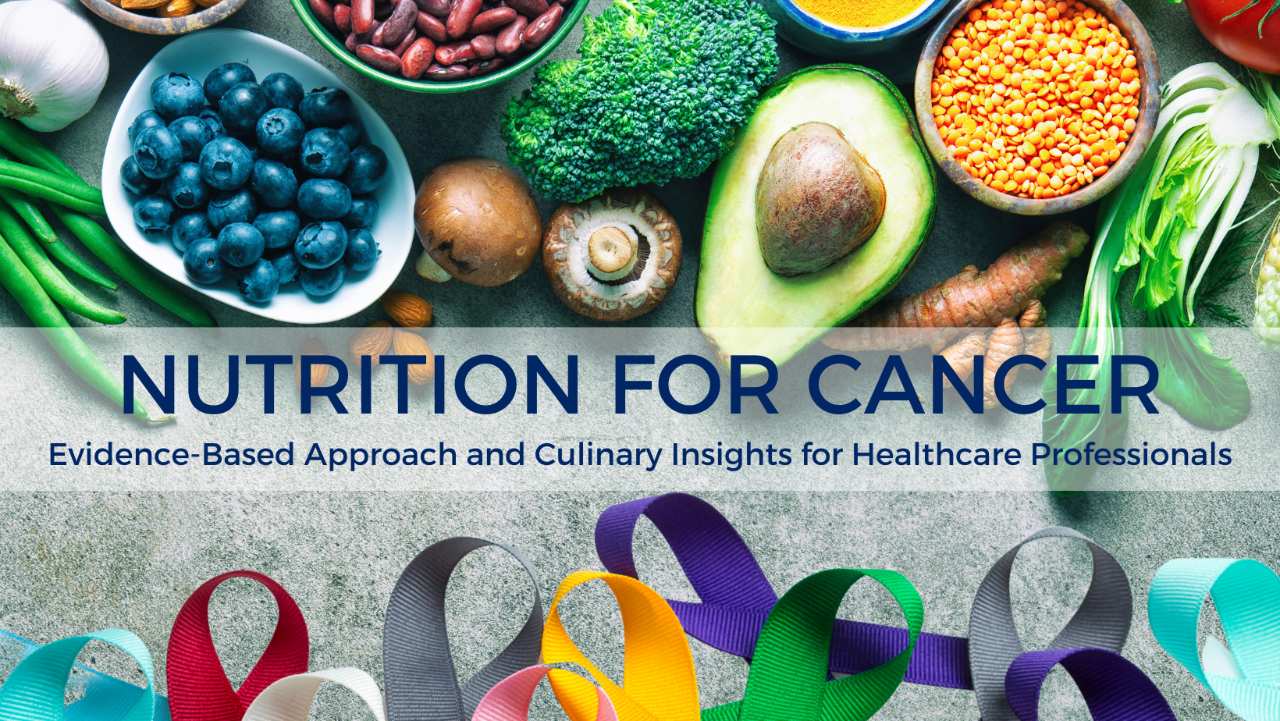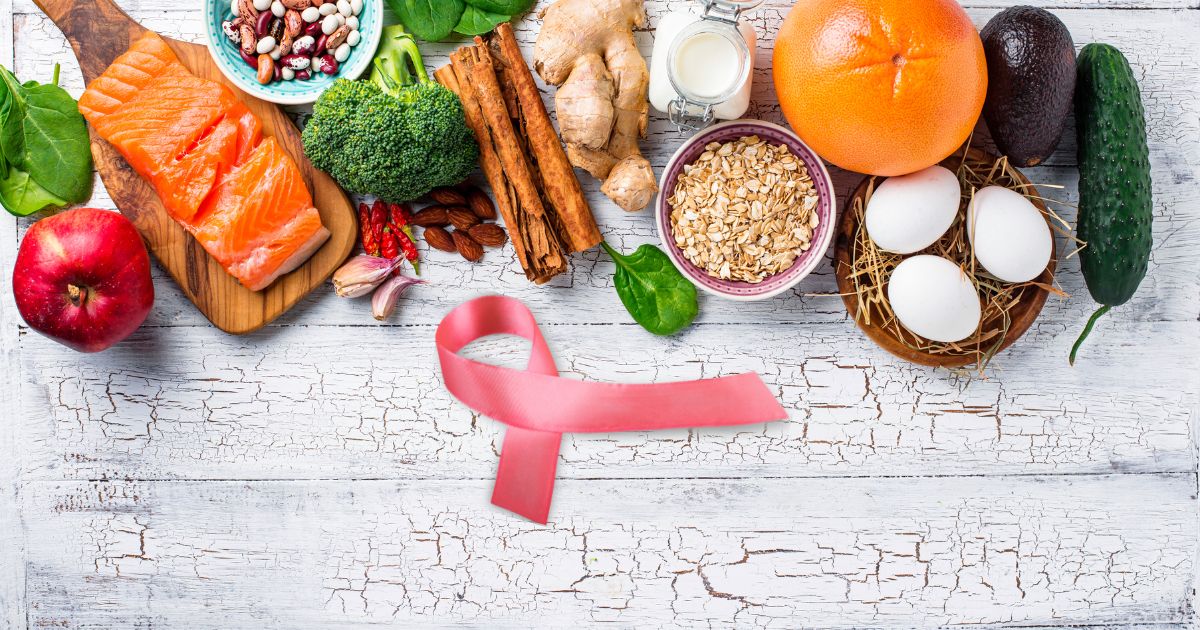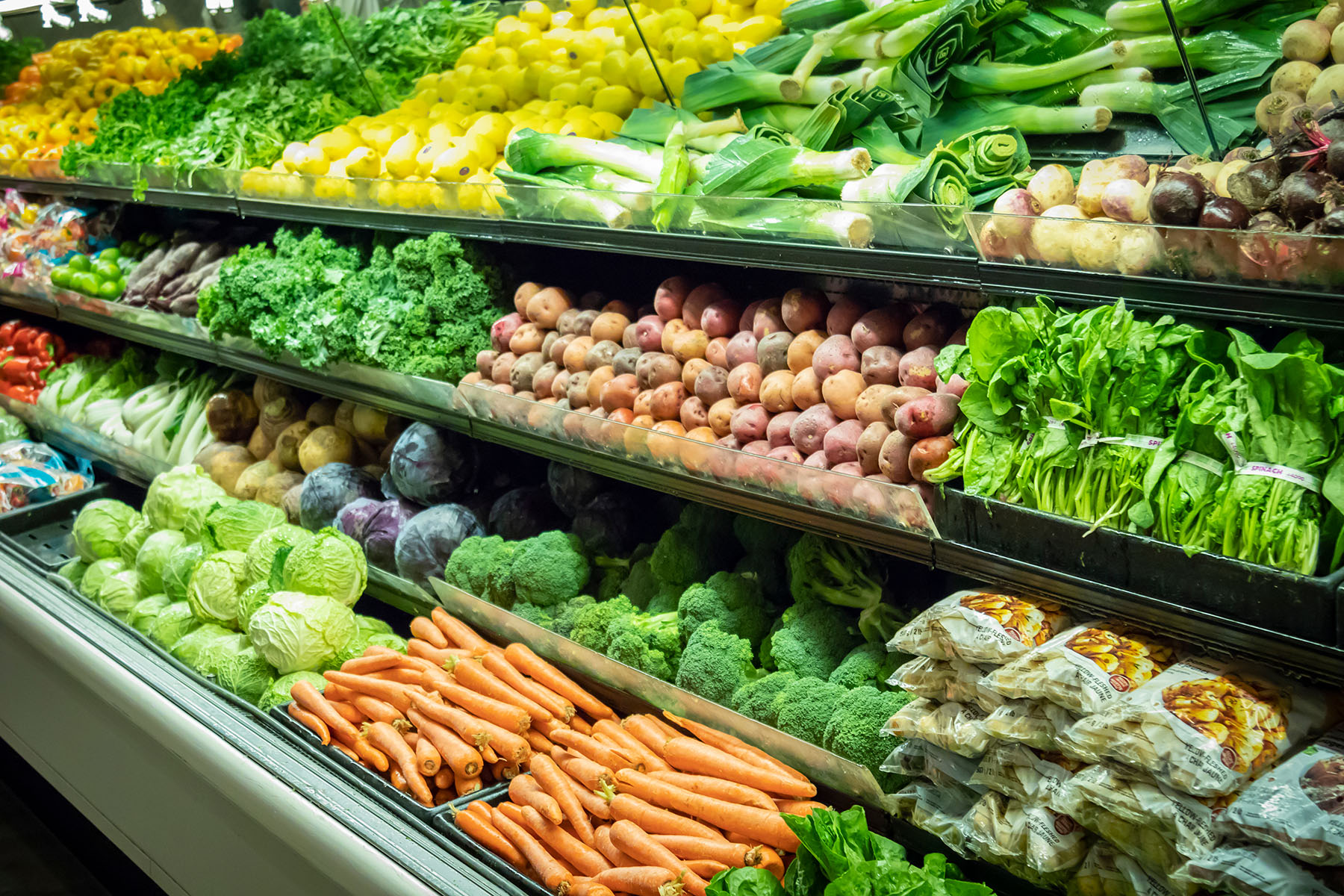A Scientific Perspective on Cancer Prevention Through Diet
Are you seeking to compile a list of foods that may help reduce your cancer risk? While dietary choices can significantly impact your health, it’s important to recognize that no single food can completely prevent cancer. However, adopting a plant-based diet and making a list of informed food choices can contribute to a lower risk of cancer.

The Role of Diet in Cancer Prevention
Unfortunately, there is no such thing as a “cancer-fighting food” that can definitively prevent cancer or eliminate the risk entirely. Cancer is caused by a multitude of factors, and while healthy eating can reduce your risk, it cannot guarantee prevention.
Lindsey Wohlford, a wellness dietitian, emphasizes that “consistent healthy food choices over time can lower your risk of developing cancer, but no food can provide absolute protection.”

Dietary Guidelines for Reducing Cancer Risk
To potentially lower your cancer risk through diet, consider the following guidelines:
- Emphasize Plant-Based Foods: Include a variety of vegetables, whole grains, nuts, fruits, and plant-based proteins in your diet.
- Manage Your Weight: Choose foods that help you maintain a healthy weight, as obesity is linked to 12 types of cancer.
- Avoid High-Risk Foods: Steer clear of foods known to increase cancer risk, such as processed meats.
Understanding “Cancer-Fighting Foods”
The term “cancer-fighting foods” typically refers to plant-based foods rich in phytochemicals, also known as phytonutrients. These compounds, found in plants, may help prevent chronic diseases, including cancer. Common examples include berries, broccoli, tomatoes, walnuts, and grapes.
Wohlford advises against focusing solely on a specific list of “cancer-fighting” foods. “There are over 4,000 phytochemicals that have been identified and researched,” she notes. “No single food contains all of them, and each offers different benefits.”
For optimal protection, aim to consume a wide variety of plant-based foods, ensuring you include a diverse range of colors in your diet.
Practical Tips for a Healthier Grocery List
When planning your grocery shopping, consider the following tips to help you make healthier choices:
- Simplify Your Menu: You don’t need a complex list of ingredients to prepare nutritious meals.
- Incorporate Frozen Produce: Don’t hesitate to buy frozen vegetables and fruits, as long as they are not in sauce or juice.
- Choose Whole Grains: Opt for whole grains like brown rice, which are important for blood sugar control and weight management.
- Select Anti-Inflammatory Foods: Include foods that fight inflammation, such as fatty fish (e.g., salmon, sardines), whole grains, and probiotics like yogurt.

Navigating the Grocery Store
Wohlford suggests shopping the perimeter of the store, where whole, less-processed foods are typically found. If you choose packaged foods, be sure to read the nutrition label carefully. If an item has more than two or three ingredients, consider an alternative. The nutrition label will also provide information on salt and sugar content, which are important to monitor.
Foods to Avoid
Just as certain foods can lower your cancer risk, others can increase it. Be mindful to avoid the following:
- Processed Meats: Avoid hot dogs, bacon, and other processed meats, even those labeled “nitrate-free” or “uncured,” as they contain compounds that can cause cancer.
- Limit Red Meat: Consume no more than 18 ounces of cooked red meat per week, and opt for lean chicken, fish, or plant-based proteins instead.
- Moderate Alcohol Consumption: Women should limit alcohol to one serving per day, while men should not exceed two servings per day. Less is always better.
Finally, when planning your meals, aim to fill two-thirds of your plate with vegetables, fruits, and whole grains. While you cannot eliminate your cancer risk entirely through diet, focusing on a plant-based diet and maintaining a healthy weight will significantly contribute to reducing your risk.
